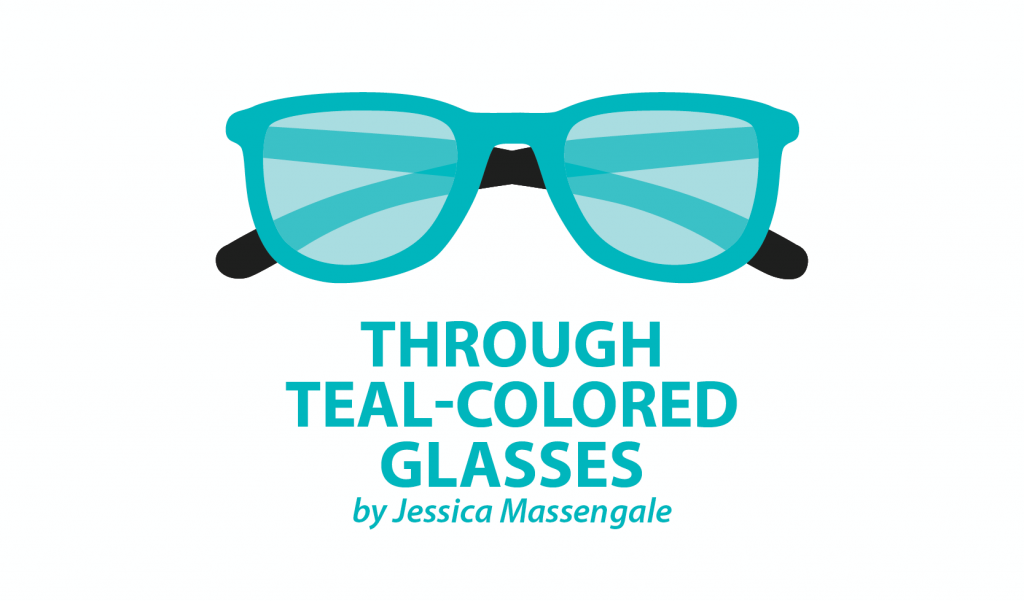The Importance of Bonding Through Chronic Illness
Written by |

Social interaction is necessary, for most of us, to thrive in life. From childhood on, many bonds are formed in school, church, a workplace or social gatherings. Strong connections are forged from similar personality traits and common interests. As time passes, a flower of friendship is watered with good and bad times, with trust building at the root.
Connections through chronic illness are important to maneuvering through the journey. Isolation is a common feeling while living with the numerous complications of scleroderma. I could be surrounded by loving family and friends, yet still feel like I’m an alien visiting from a different planet.
The burden of looking and feeling so different from everyone around you can sometimes weigh heavily on the mind. Sometimes I observe people doing common things, and I try to remember exactly what it was like to lift heavy things off the ground or cook a good meal when I felt like it. The loss of personal freedom is the hardest thing to try to explain to healthy people, and this is where scleroderma friends are appreciated.
I began interacting with people who have scleroderma almost two years after my diagnosis. I made a few friends online, and was so relieved to communicate with people who completely understood my struggles. I became close with a few, even making a friend as far away as Australia. Our conversations ranged from complaining about how aggravating it is to have concrete skin to what the best show is on Netflix. It soothed my soul to be understood in a situation so rare.
It’s not uncommon for scleroderma patients to drive or fly to meet others. I’ve driven out of town three times and it was always worth it. As you walk up to the other person, you may notice the same limp you have. You see knuckles covered in Band-aids to protect ulcers. As you hug, you feel their frailness, combined with yours. As you chat and bond, you completely feel as though you can be yourself, no holding back. Complain, laugh and cry together for painful or triumphant reasons. This is the most beautiful aspect of uniting with scleroderma.
We are part of a secret society we never asked to join, but we make the best of it through our unparalleled situation.
Last year, I attended the National Scleroderma Conference in New Orleans. I was excited to come face to face with many of the people with whom I chatted online. The conference is a life-changing experience, because you interact with caregivers and patients for three days straight. You finally feel like you’re in a bubble that was meant for you, as you glance at so many faces alike.
The best part is when you break away with your friends and go out into the city together. We ate beignets, sang karaoke and danced. I briefly allowed myself not to think of the reason we were all connected as new memories were made.
I’ve also lost friends with scleroderma, and this is the hardest aspect to face. It’s a tough blow to the heart when you find out someone has passed away, and it focuses the reality of the disease into a crystal clear picture. Last year, I met a good online friend, Ashley, at the conference, and four months later she died. Devastated doesn’t begin to cover how I felt, but at the same time I was honored and grateful to share the memories of happiness we had created.
There are a lot of insightful lessons to be learned from scleroderma friendships. Struggles alike, we immediately see eye-to-eye and take refuge in each other. The comfort and understanding can help us mentally survive through the obstacles. Bonding through such tough times creates a thicker skin (no pun intended).
***
Note: Scleroderma News is strictly a news and information website about the disease. It does not provide medical advice, diagnosis, or treatment. This content is not intended to be a substitute for professional medical advice, diagnosis, or treatment. Always seek the advice of your physician or other qualified health provider with any questions you may have regarding a medical condition. Never disregard professional medical advice or delay in seeking it because of something you have read on this website. The opinions expressed in this column are not those of Scleroderma News or its parent company, Bionews Services, and are intended to spark discussion about issues pertaining to scleroderma.









Leave a comment
Fill in the required fields to post. Your email address will not be published.